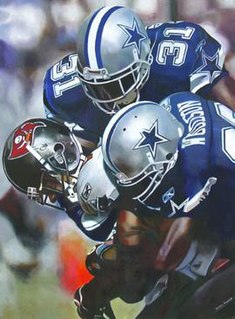A Quote by Elizabeth Lesser
When we descend all the way down to the bottom of loss, and dwell patiently, with an open heart, in the darkness and pain, we can bring back up with us the sweetness of life and the exhilaration of inner growth. When there is nothing left to lose, we find the true self - the self that is whole, the self that is enough, the self that no longer looks to others for definition, or completion, or anything but companionship on the journey.
Quote Topics
Anything
Back
Back Up
Bottom
Bring
Companionship
Completion
Darkness
Definition
Descend
Down
Dwell
Enough
Exhilaration
Find
Growth
Heart
Inner
Inner Growth
Journey
Left
Life
Longer
Looks
Lose
Loss
Nothing
Open
Open Heart
Others
Pain
Patiently
Self
Sweetness
Sweetness Of Life
True
True Self
Up
Us
Way
Whole
Related Quotes
Your false self is always that which is passing away. Your true self doesn't go up or down, it's constant - it's a rock. Once you learn how to live there, what others say about you, your failures or successes - these don't send you on a roller coaster ride down or up. It's really the only way to peace. There's no other way to be peaceful except in the true self.
I will not be alone if I am my true self. Only by trading my true self for the companionship of another have I ever made myself alone. Because when I gave up my real self, I wound up resenting my "significant other" for "making me" do that-and it was this resentment that ate away at our relationship.
Happiness is your real nature. You identify with yourself with the body and mind, feel it's limitations, and suffer. Realize your true self in order to open the store of happiness. That true self is the reality, the Supreme Truth, which is the self of all the world you now see, the self of all the selves, the One real, the Supreme, the Eternal self - as distinct from the ego or the bodily idea for the self.


































